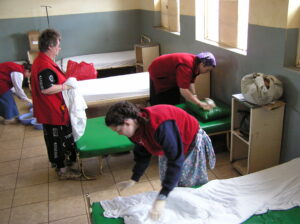
A critical need for health care assistance is evident throughout Malawi. The nationwide system of universal healthcare put in place in the 1960s and ’70s has been unable to keep pace with the demands of a population that has grown from four million to 18 million in the past 50 years. Adding to the population explosion has been the advent of HIV/Aids, the continued onslaught of malaria, tuberculosis, malnutrition, cholera, and other diseases and problems that are absent, or more fully controlled in western medical communities.
The critical nature of the need was recognized in the early 90s, and its fulfillment helped form a major focus for the Malawi Project. From its earliest year’s doctors, nurses and other medical personnel from first-world nations formed teams working in the warm heart of Africa. Still today, as a result of the foundation laid by the Malawi Project, medical teams continue to offer assistance in various parts of the country.
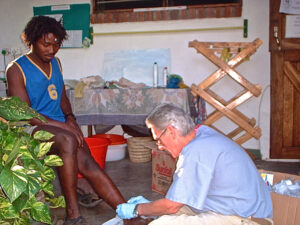
In the first phase of medical programming, one-on-one assistance was extended to individual villages, trading centers, and rural hospitals. Phase two saw the creation of a well-supplied, Malawi staffed, 5-building, 110-bed, medical complex near the capital city of Lilongwe. Here first-world medical personnel could base their operations. Supplies and equipment stored and staged at this facility were distributed to a number of individual medical facilities, primarily in the central and southern regions of the country. Phase three has seen the enlargement of a nationwide outreach to government-run facilities, with supplies going into over 600 facilities.
Medical Supplies
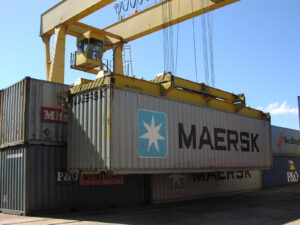
Through more than a quarter of a century, the distribution of medical equipment, supplies, and medicine has been the largest program of the Malawi Project. While a portion of the supplies has gone to private, and non-governmental facilities, the bulk of the shipments have gone directly to rural, district, and level one government facilities. By and large, private facilities have outside funding and resources, while government facilities have no source beyond the cash-starved government. While government facilities are the most neglected, the bulk of the population, especially the poor, passes through the government system.
The U.S.-based Malawi Project enjoys a relationship with the government allowing it direct access to individual facilities through our sister organization in Malawi, Action for Progress. This policy has been in place for 27 years and ensures supplies and equipment continue to reach the poor. In 2019, working with Action for Progress, a major new distribution hub was completed just west of the capital city of Lilongwe, ensuring sufficient space for storage, staging, and distribution of supplies nationwide.
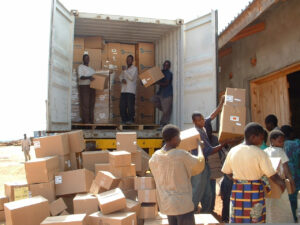
Over the years, shipments have included top-of-the-line equipment such as x-ray and ultrasound units, kidney dialysis machines, surgical tables, and state-of-the-art diagnostic equipment. General items like beds, mattresses, over-bed tables, nightstands, and lighting supplies have helped upgrade wards and individual patient rooms. Bulk supplies that have shipped include medical protective gloves, operating room gowns, and items as simple as burn ointment, band-aids, gauze, and tape. Mops, brooms, and cleaning supplies forwards and operating theaters also make their way on these 40-foot cargo containers.
Medical Stories
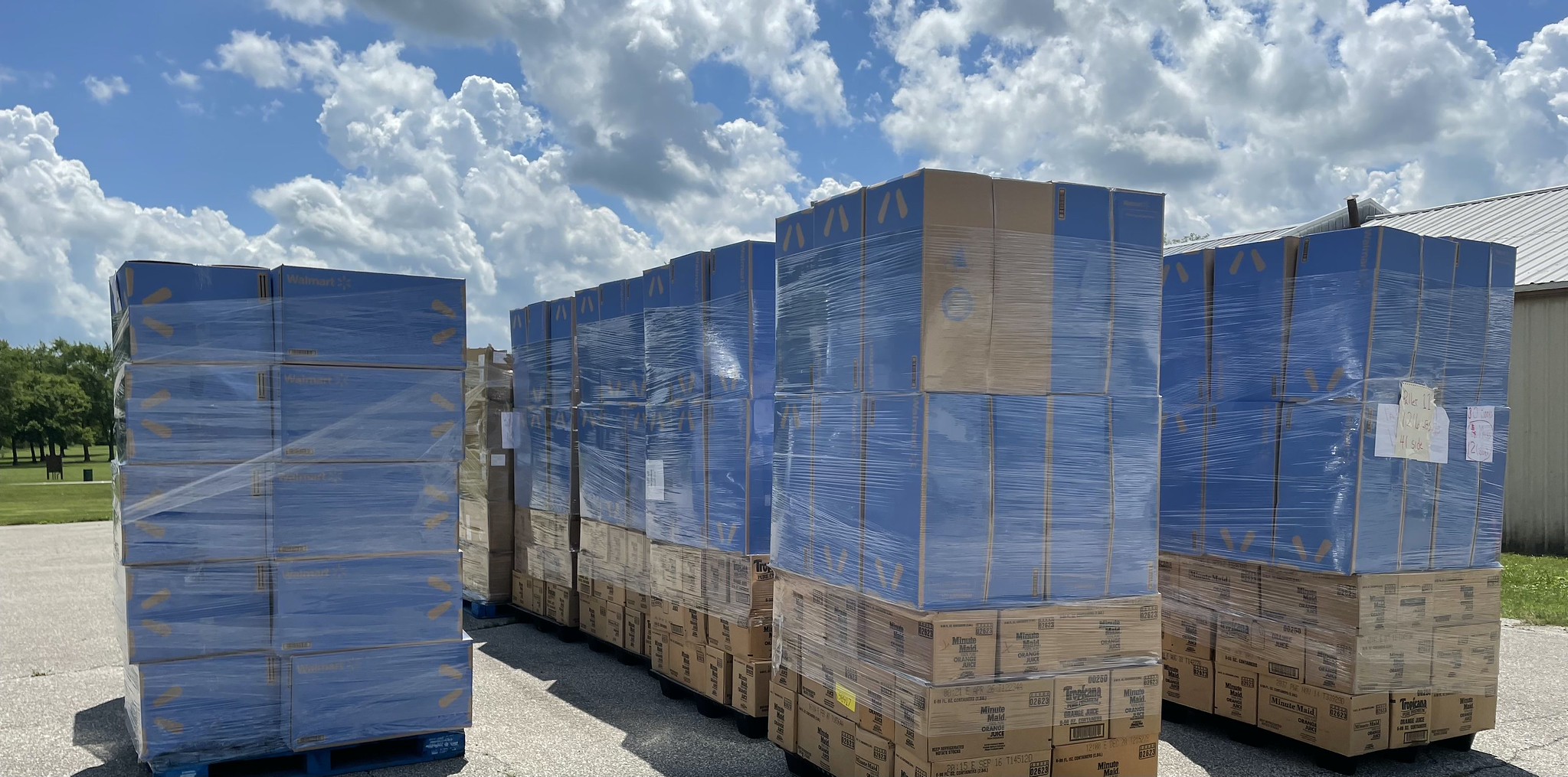
Where There is no Store
Today’s visitors will be surprised to find almost no chain stores from outside the continent.
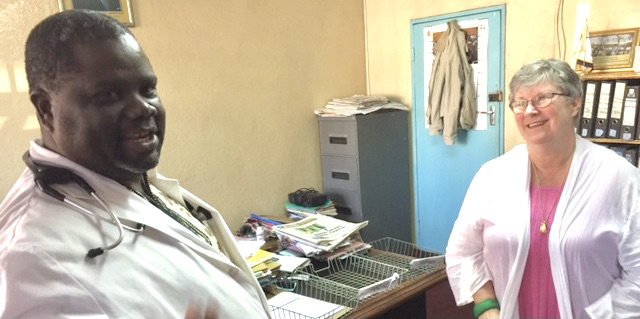
The Impact of COVID-19 on Malawi
Since the outbreak of COVID-19 health systems worldwide have been overwhelmed and Malawi has a very poor health system.
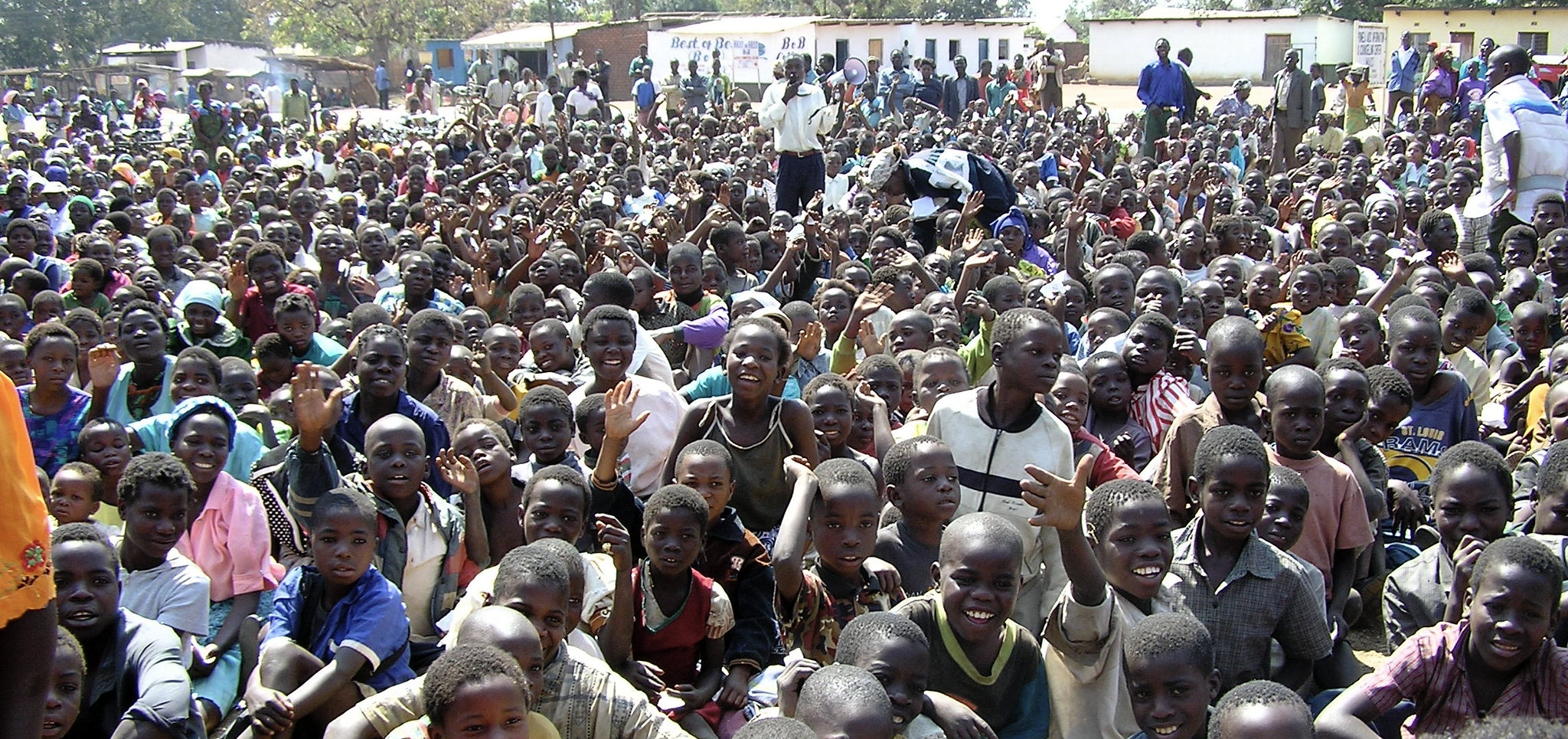
Almost Half are Under 14!
0-14 years: 45.87% (male 4,843,107/female 4,878,983) = 9,722,090 15-24 years: 20.51% (male 2,151,417/female 2,195,939) = 4,347,356 25-54 years: 27.96% (male 2,944,936/female 2,982,195) = 5,927,131 55-64 years: 2.98% (male 303,803/female 328,092) = 631,895 65 years and over: 2.68% (male 249,219/female 318,938) = 568,157 Pictured are a portion of the 5,000 orphan children gathered at the Mponela Trading Center a few years ago to receive food during the intense famine.

ACTION TO THE RESCUE
Mulanje, Malawi … As the Covid-19 pandemic spreads rapidly across the nation, Action for Progress is trying to keep up with the demand by quickly delivering PPE, (Personal Protective Equipment), supplies to a number of hospitals. Faced with a critical shortage of these supplies, the medical personnel in Malawi must confront a possible disaster of …
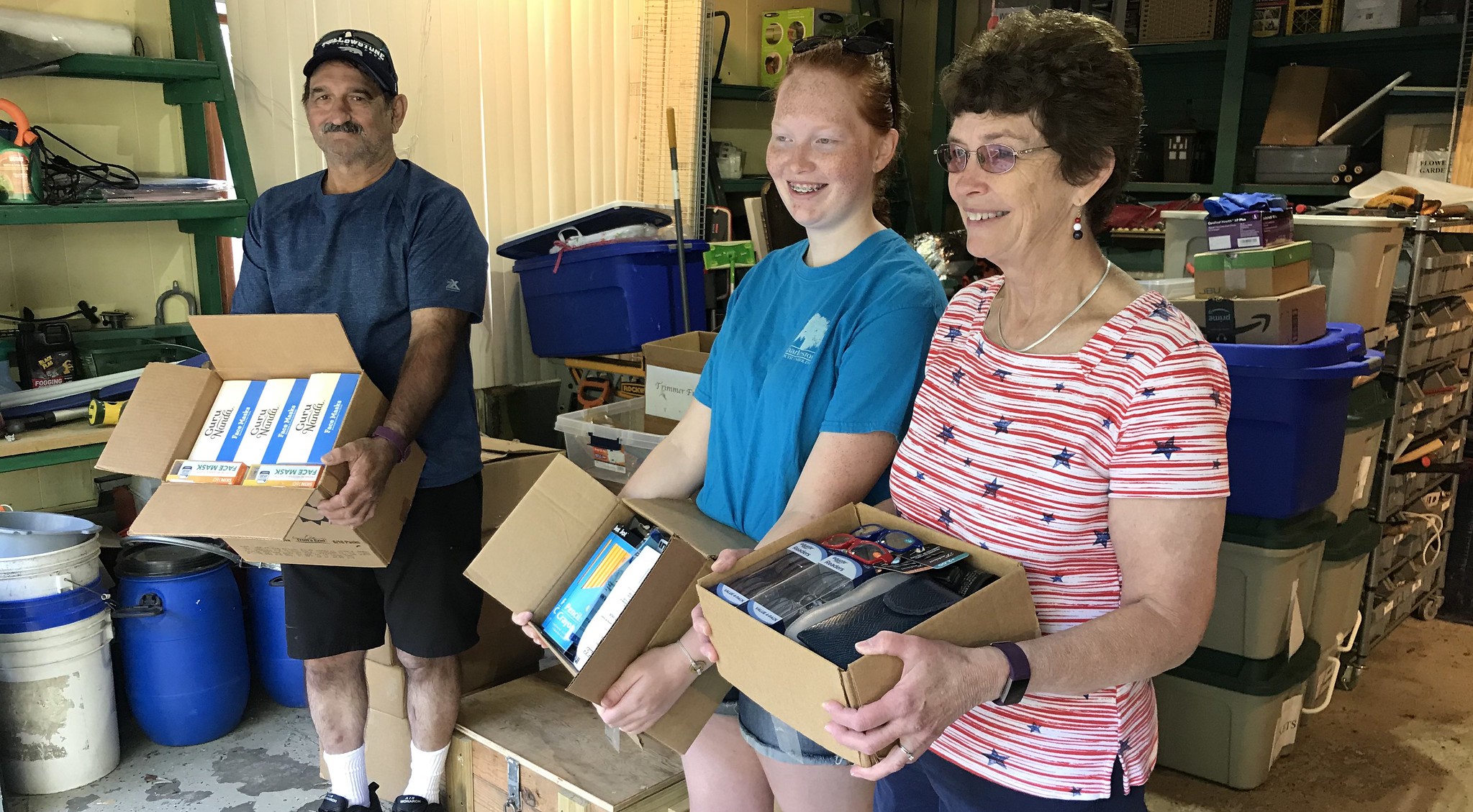
TWELVE-HUNDRED MILE JOURNEY
Indianapolis, Indiana … Over the years story after story have reflected the fortitude of the people of Malawi as they travel, often walking great distances. As the expression goes, “The road goes both directions,” meaning both sides in the equation have the same journey, just in opposite directions. While Malawians travel long distances, the same was true …
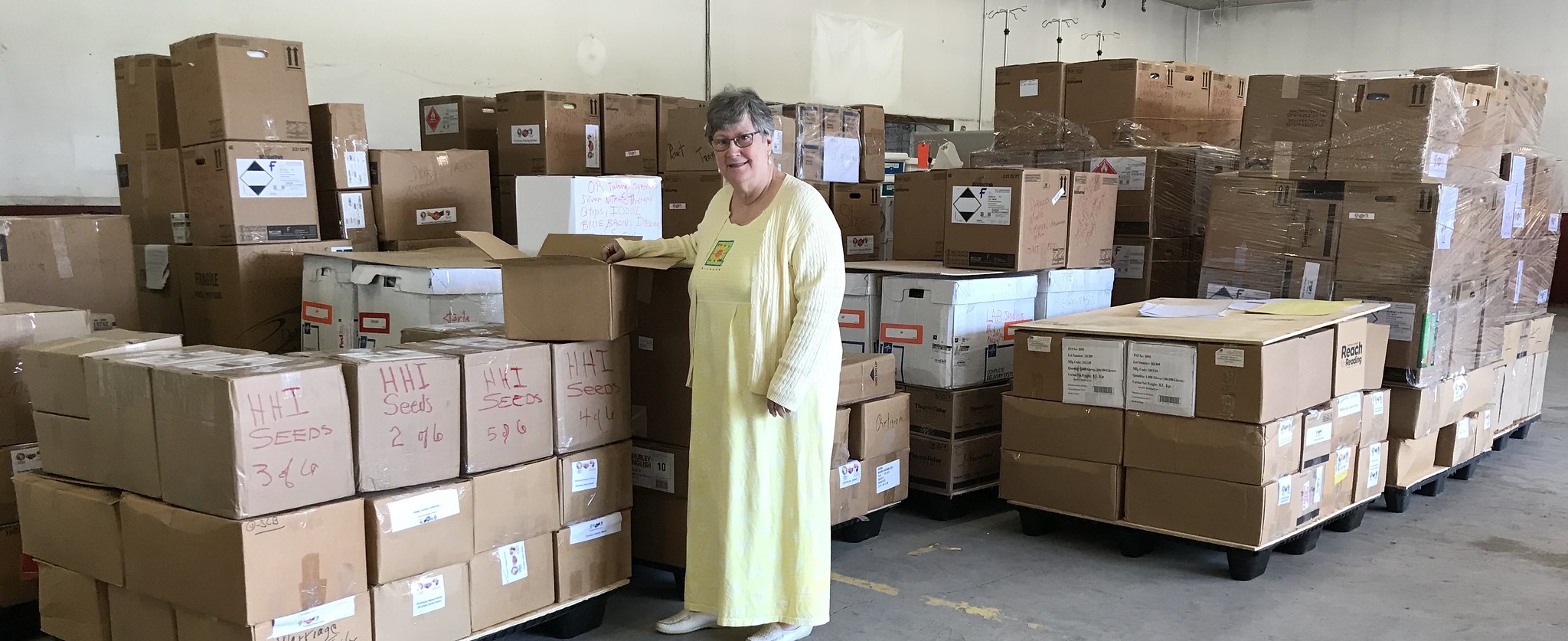
CRITICALLY NEEDED SHIPMENT BEING PREPARED
Indianapolis, Indiana … “We have the greatest fear and deepest concern for the people of Malawi, as the threat of the coronavirus continues to increase in Sub-Saharan Africa,” warns Suzi Stephens, Medical Director for the Malawi Project. “Even in the most advanced countries in the world medical capability has been strained almost beyond their capability. It appears only …
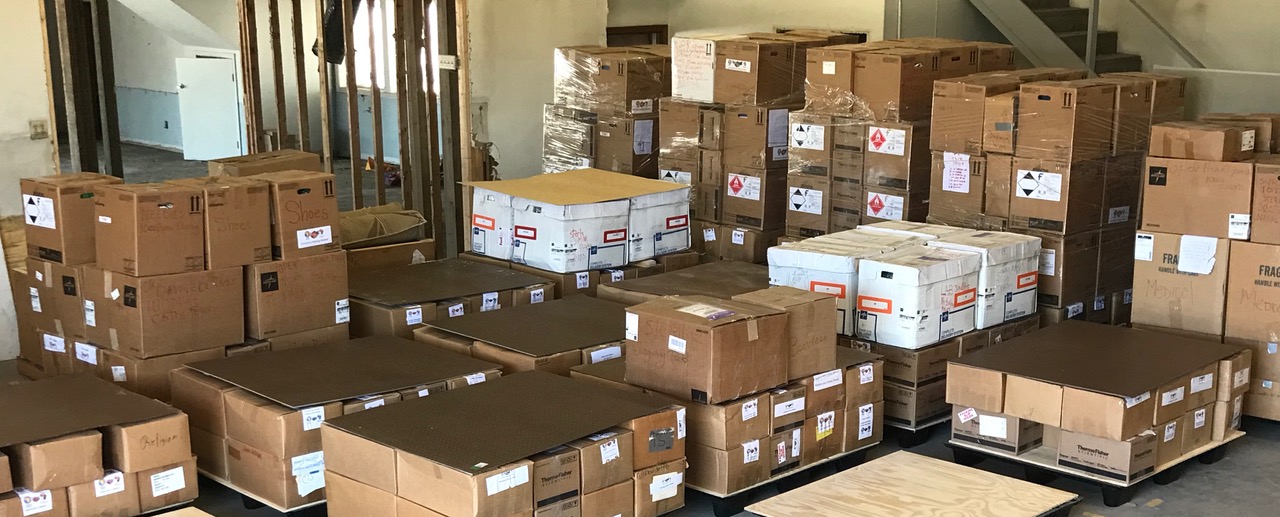
COVID-19 MAKES IT REAL
Indianapolis, Indiana … For many people in the U.S., the critical need for protective masks and gloves was not a part of surviving the next day. This was something new as a major pandemic spread across the nation. People in the medical profession understood the life-saving nature of these items, while few in the general …
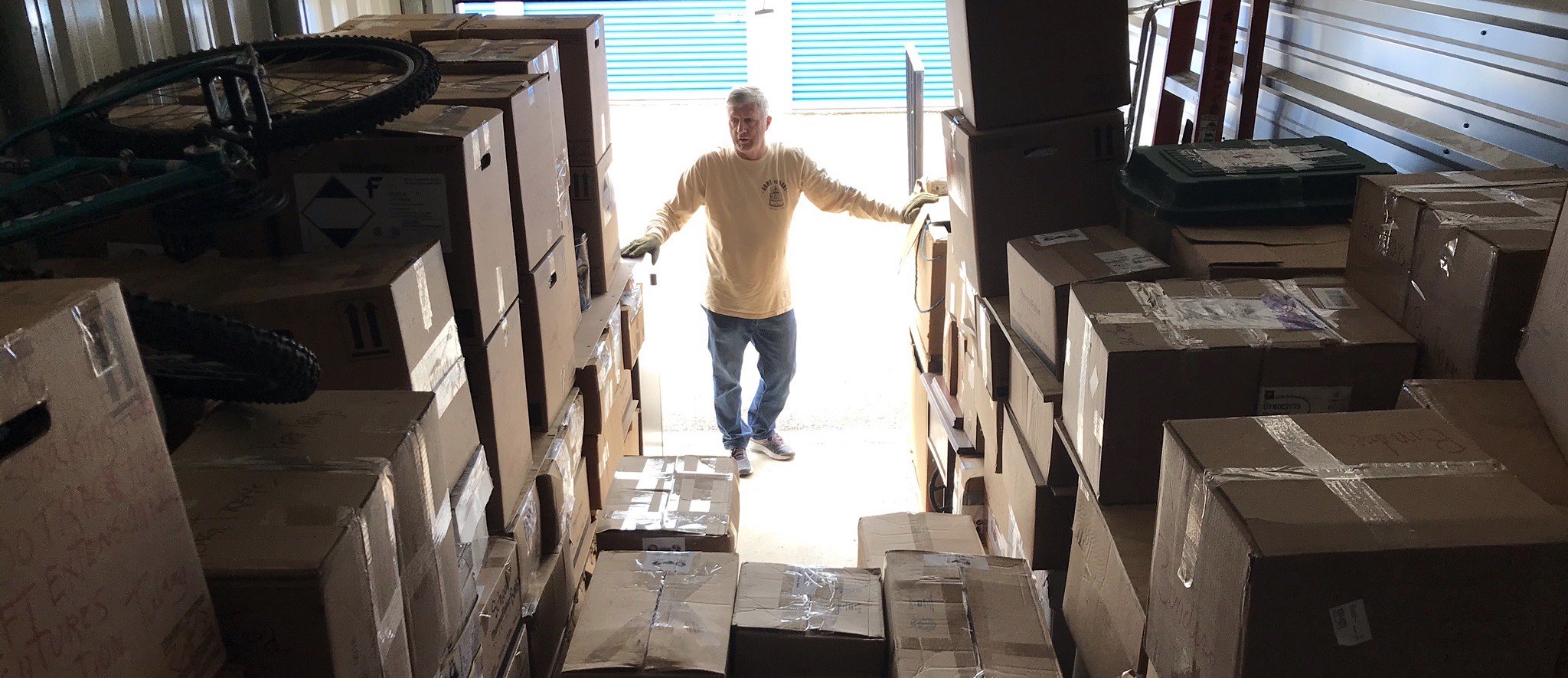
STORAGE UNIT FILLING FAST
Lebanon, Indiana … With the coronavirus just beginning to gain a foothold in Malawi, and with the lack of medical protective supplies, support staff, and hospital beds, one can conclude the people there are facing a critical situation. Shipments of medical supplies will be arriving at the Action for Progress distribution hub in the next …
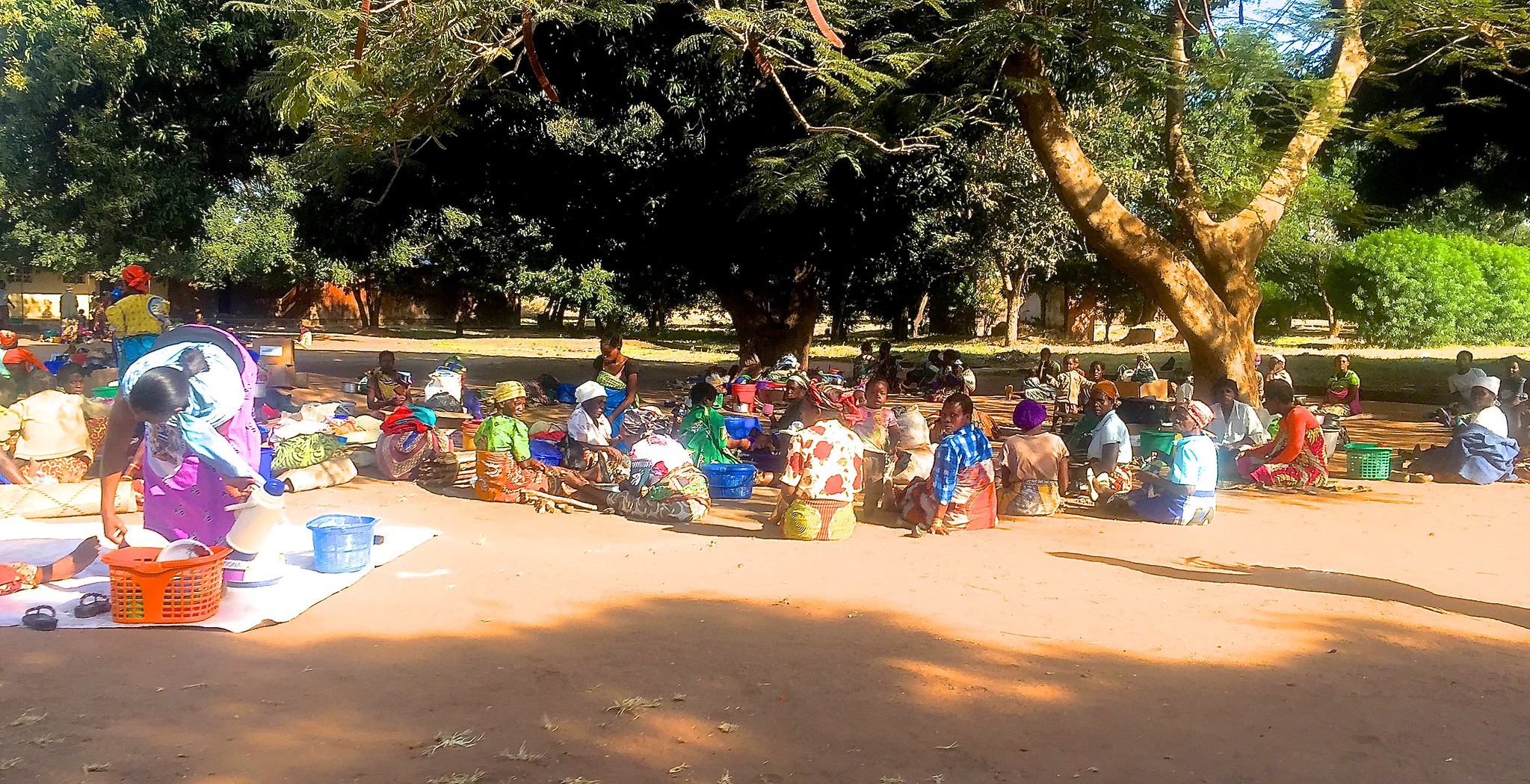
GUARDIANS IN THE BULLSEYE
Lilongwe, Malawi … “While warnings about Covid-19 are widely heard in jingles and public health announcements in cities like Blantyre and Lilongwe, they have barely reached the remote rural areas where nearly 90% of Malawi’s population live and farm, and few people have access to TV, radio or electricity,” says Patrick Kamzitu, a health worker in central …
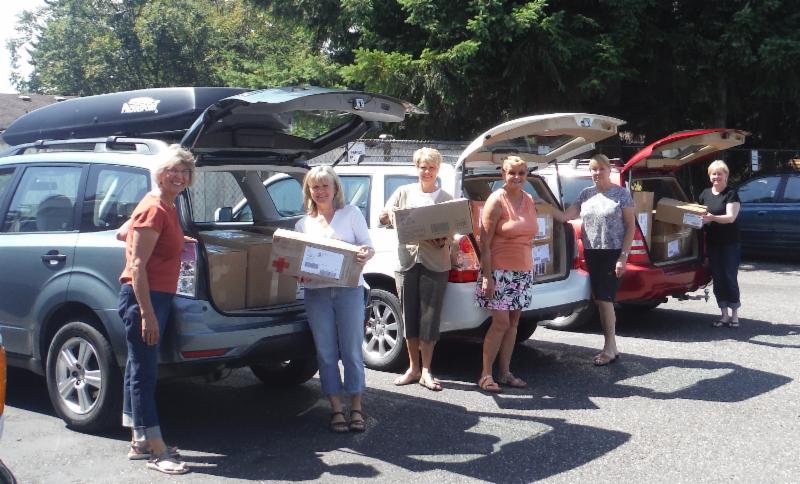
RESCUE MEDICAL DONATES SUPPLIES
Arlington, Washington … “Dedicated to the recovery of unused medical supplies and equipment for the purpose of global aid, waste reduction, and financial stewardship.” It is a simple but effective mission statement and describes exactly what this group is doing. It started after its founder, Debi Foster, returned from a mission trip to Africa in …
